In a message commemorating the Bengali New Year, President Md. Sahabuddin underscored the cultural and historical importance of Pahela Boishakh, describing it as an integral part of the eternal tradition of the Bengali nation.
President Sahabuddin conveyed his heartfelt greetings to all Bangladeshis, both within the country and abroad, on the occasion of Pahela Boishakh, wishing them a Happy Bengali New Year-1431. He highlighted the significance of Pahela Boishakh as a day of great joy in the life of the Bengali nation, symbolizing new beginnings and renewal.
Reflecting on the origins of the Bengali calendar, President Sahabuddin noted its evolution from a harvest year under the Mughal era to a commemorative festival representing the non-communal spirit of the entire Bengali community. He emphasized how Pahela Boishakh serves as a catalyst for cultural development, self-realization, and liberation, playing a vital role in shaping Bengali culture and identity.
President Sahabuddin emphasized that Pahela Boishakh transcends mere festivities, serving as a source of motivation for personal growth and societal progress. He highlighted the diverse celebrations associated with the day, including dance performances, processions, folk music, and rural sports, which foster unity and harmony among people of all backgrounds.
Acknowledging the UNESCO recognition of the Mangal Shobhayatra of Pahela Boishakh as a world cultural heritage, President Sahabuddin expressed pride in Bangladesh's rich cultural heritage and emphasized the legacy of Father of the Nation Bangabandhu Sheikh Mujibur Rahman in promoting native culture and national consciousness.
President Sahabuddin concluded his message with a hopeful wish for the eradication of sorrow and the advent of endless happiness and prosperity in the new year, echoing the spirit of renewal and optimism associated with Pahela Boishakh. He urged all citizens to work towards the reconstruction and development of Bangladesh, guided by the principles of truth, beauty, and nationalism.



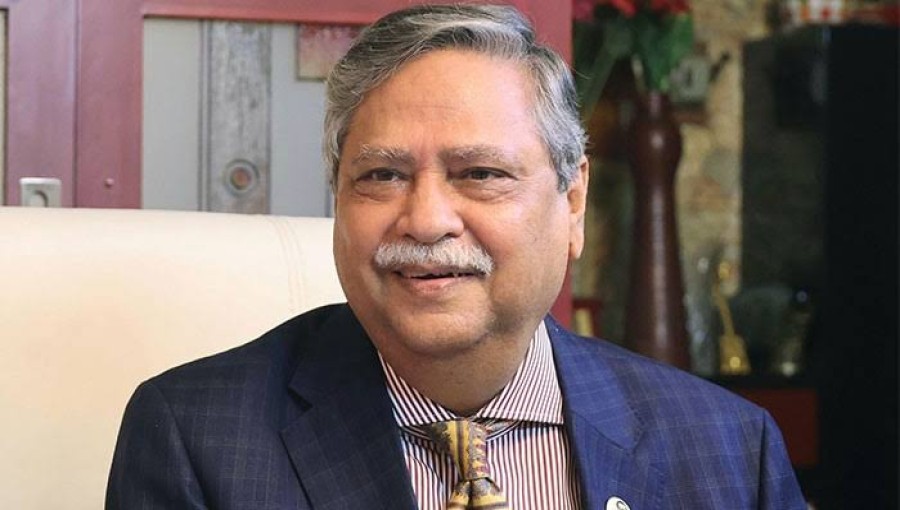

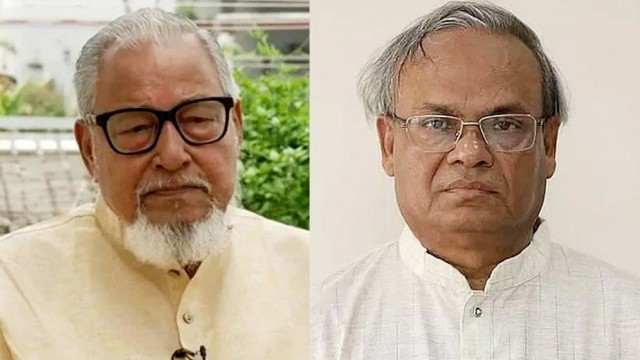
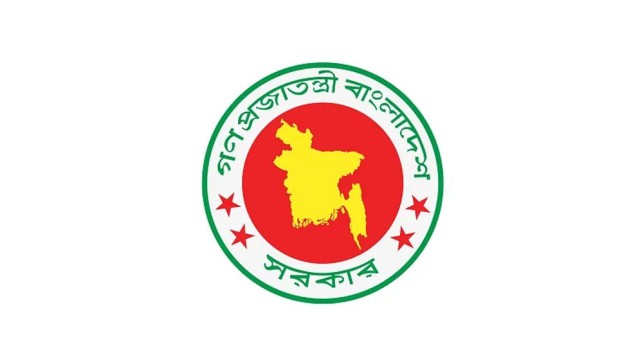
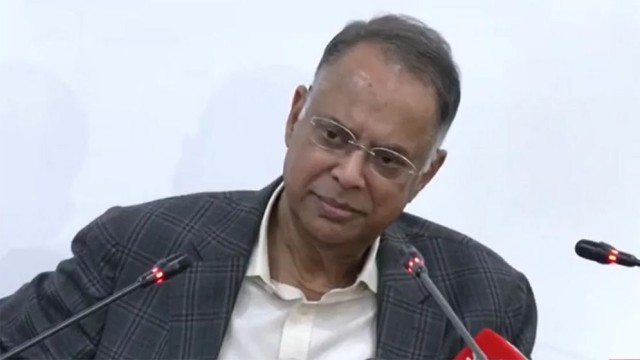
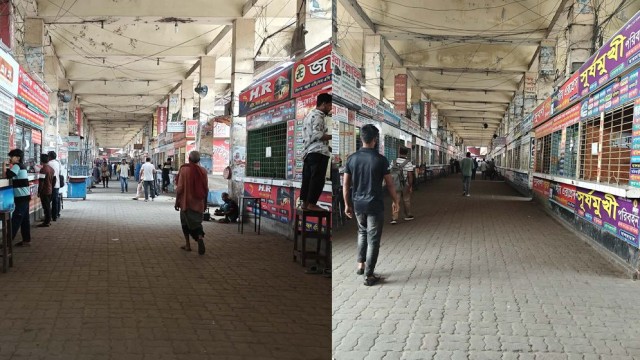
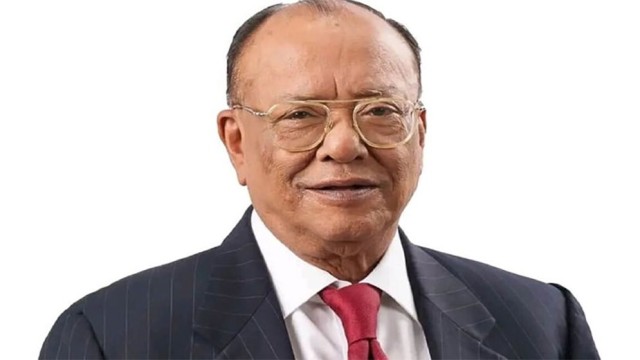


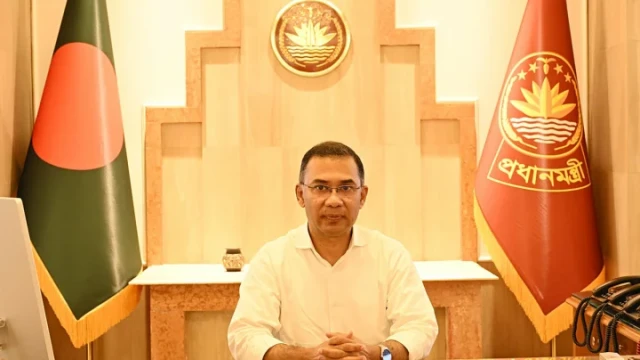
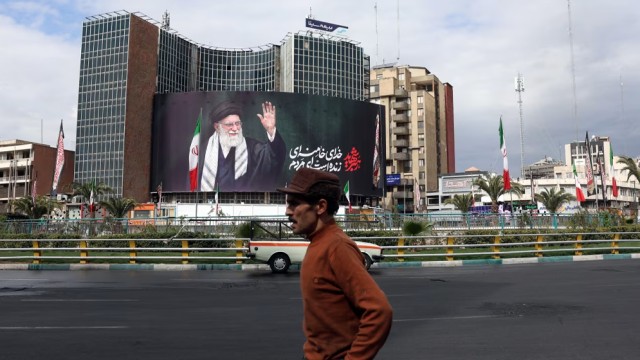

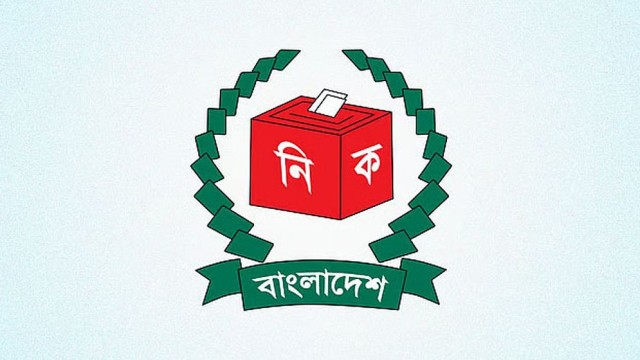
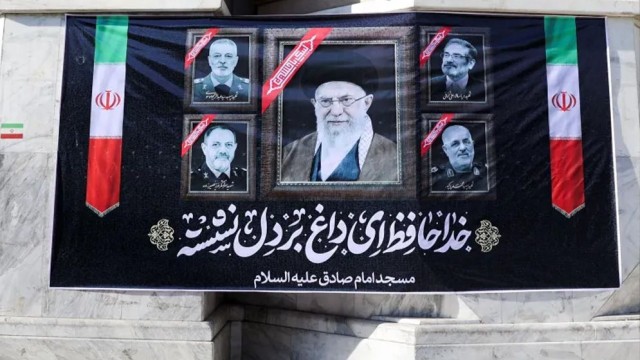











Comment: